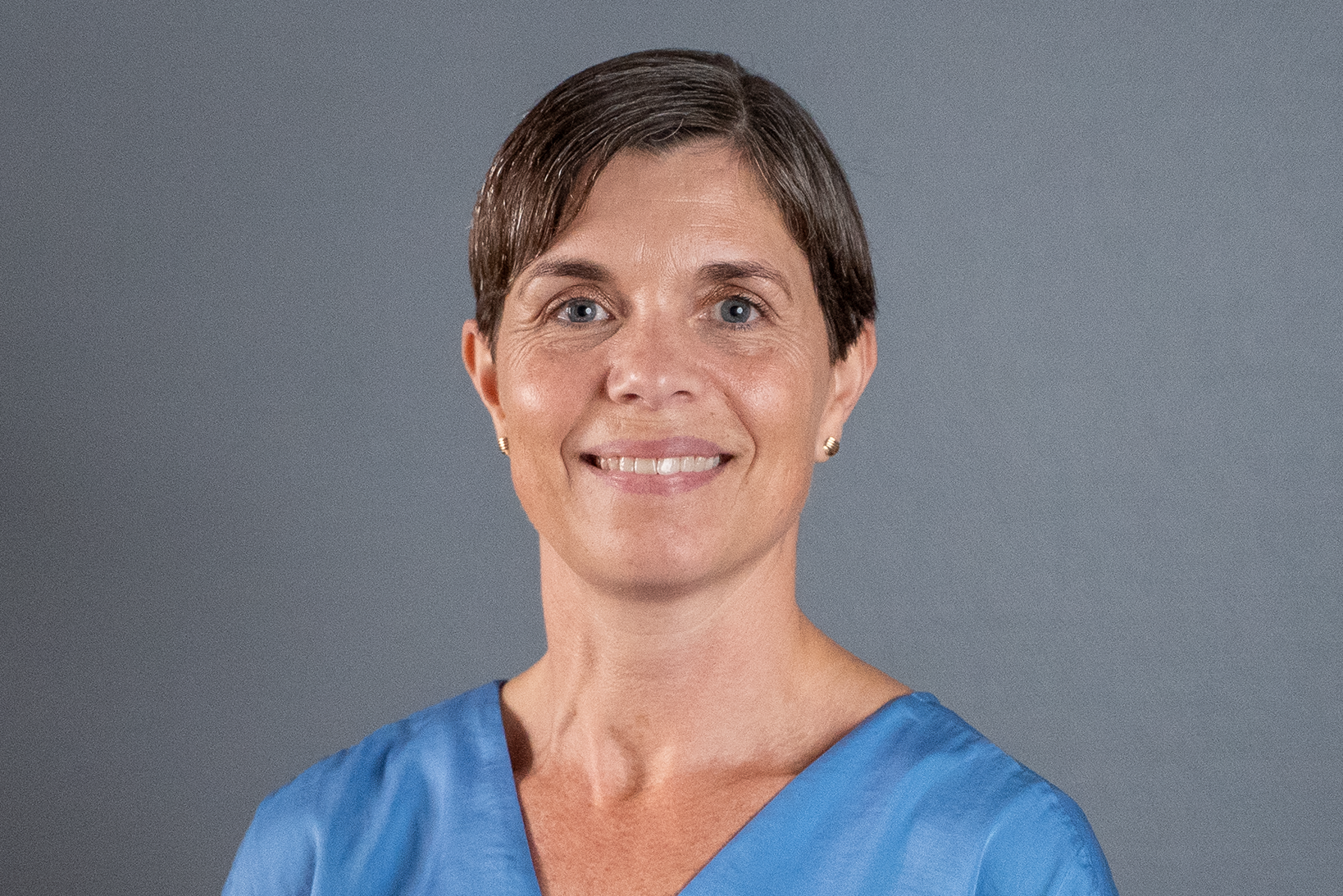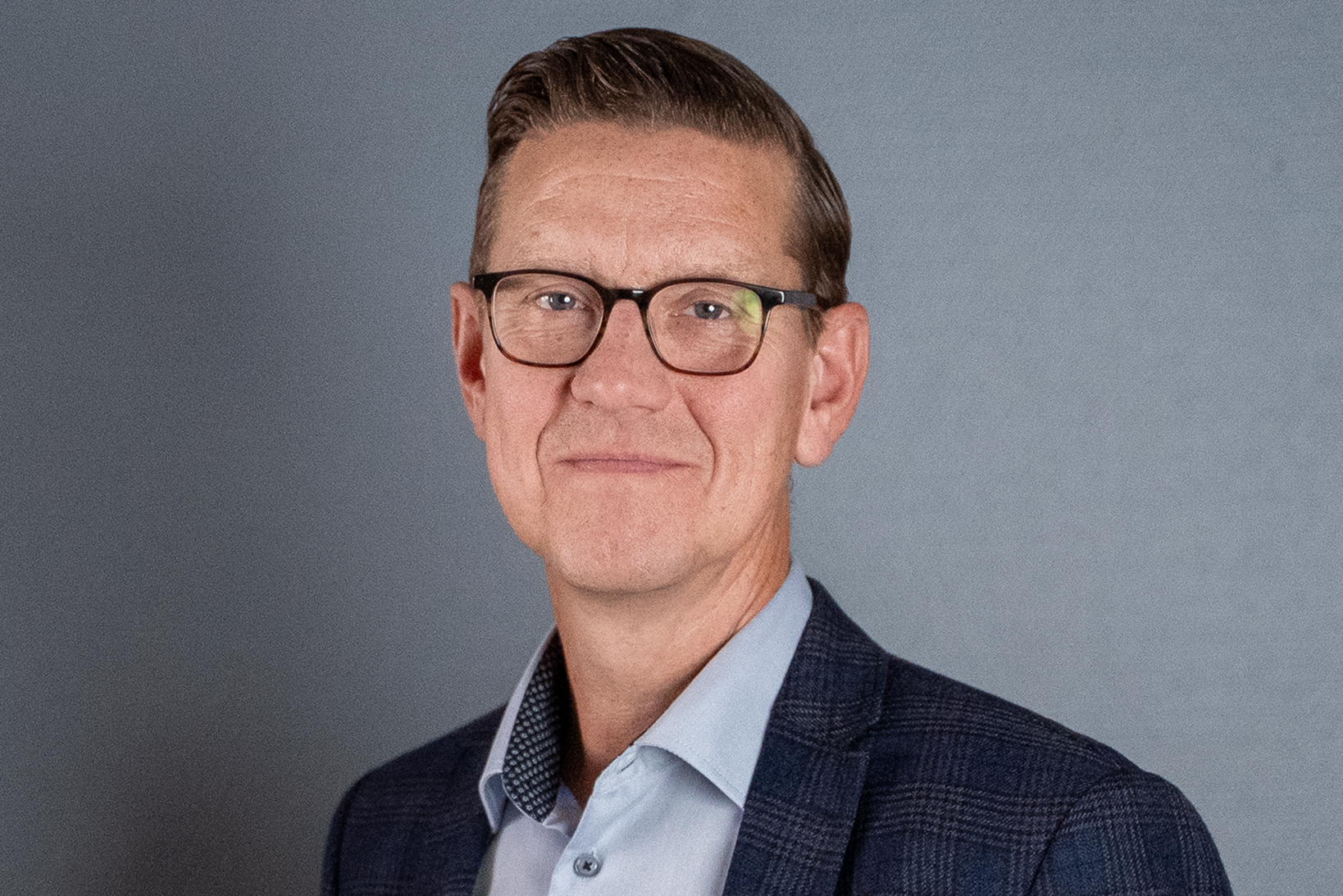Slagelse Kommune
Realisation of the reform of the elderly with a view to the many different perspectives and aspirations
In Slagelse Municipality, the elderly reform is realized through a variety of activities involving citizens, politicians, managers and employees.

Challenge:
The elderly reform came into force on 1 July 2025 and is a values-based reform that requires a long-term change in culture, skills and mindset among all actors. The reform has three core values: 1. Self-determination for the elderly 2. Trust in employees and managers 3. Interact with relatives, local communities and civil society in the citizen's immediate area. At the same time, there is an expectation of holistic care, de-bureaucratization and the release of managers and employees, among other things, through multidisciplinary teams.
Solution:
Slagelse has chosen to work with the reform implementation by activating many subsystems in the organization.
Director Magrethe: “We have chosen to involve many different actors to ensure broad support for the change processes. It has been particularly important to involve both citizens and politicians early in the process through thematic discussions. Citizens are given more self-determination, and the reform calls for a new role of politicians, where politicians govern through values and not through benefits such as an extra bath.”
The role of management is also changing, as senior managers need to be more facilitators and coaches and thus use their expertise in new ways. All the leaders in the Elderly area have undergone a management development course in 2025. The reform is discussed from a strategic and managerial perspective. Leaders take a position on how, together across and within their own teams, they can lead the changes that reform requires of the organization. The leaders meet at rallies for all leaders and in smaller sparring groups. They get inspiration for vision management, professional leadership and staff management, and test it in action between each session.
At the same time, a political trail has been underway, where the municipality's Senior Committee has invited citizens, the Elders' Case and the Council of Elders, etc., to dialogue with politicians on how the elderly reform can create the greatest possible value for the citizens of Slagelse Municipality. External experts and internal staff and managers have also been invited in to connect the change from policy to practice.
Slagelse Municipality has chosen the same open form of work in relation to the exploration of the possibility of the reform to establish a community care home via a structured dialogue process for a §17-4 committee with politicians, professionals and civic and association representatives in autumn 2025.
Results:
Slagelse Kommune's approach to the implementation of the elderly reform has already resulted in many important cross-cutting conversations that have provided value for citizens, politicians, civil actors, managers and employees. Often these conversations take place in separate rooms. When the actors sit face to face, a greater mutual respect and understanding of each other's perspectives arises. It strengthens the quality of policy decisions. It qualifies managers' and employees' understanding of their core mission and the change required by elder reform. And from the perspective of citizens, it provides a real experience of being listened to, which strengthens trust in the municipality.
The leadership process itself has created a strengthened leadership community. The leaders have taken a proactive approach to the reform of the elderly and are working together to achieve it. Political understanding strengthens their communication and opinion-making in dialogue with employees.
Therese Gjerde Corfix, Head of Health and Elderly: “Leaders work better together across the board and have a stronger understanding of how elder reform can be realized in a Slagelse context. There remain many challenges for the leaders to deal with, but we are well on our way. Individual leaders have become more aware of their own strengths, and we are stronger as a collective leadership group to unlock the potential of reform through interaction with employees and local communities.”
Contact our consultant
See more cases





